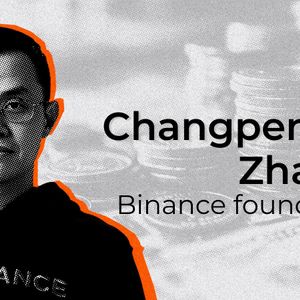ChatGPT conversations lack the same legal privacy protections as therapy or legal advice
2 min read
Anyone seeking counseling or personal advice from ChatGPT should be cautious, OpenAI CEO Sam Altman warns, because conversations with the AI don’t carry the same privacy safeguards as those with a real doctor or lawyer. Altman raised the issue on a recent episode of comedian Theo Von’s podcast. He noted that as AI moves into more sensitive areas, there’s still no legal shield for what users share. “People talk about the most personal sh** in their lives to ChatGPT,” Altman said. He pointed out that many, especially younger users, treat the chatbot like a therapist or life coach, asking “what should I do?” when facing relationship troubles or other private matters. By contrast, when someone confides in a licensed therapist, lawyer or physician, the law protects those details under doctor‐patient or attorney‐client privilege. With an AI, however, no such legal confidentiality exists yet. That gap could become a real problem in court, Altman warned, since OpenAI would be compelled to turn over chat transcripts if ordered. “I think that’s very screwed up. I think we should have the same concept of privacy for your conversations with AI that we do with a therapist or whatever — and no one had to think about that even a year ago,” he added. Lack of privacy may be a barrier for ChatGPT’s widespread usage OpenAI sees this lack of privacy as a potential barrier to wider use. Beyond the huge volumes of online data needed to train its models, the company now faces demands to hand over user chats in litigation. In one high‐profile case, OpenAI is battling a major court order as part of its The New York Times lawsuit. The ruling would force the company to retain the records of several hundred million ChatGPT users worldwide, excluding only those on the enterprise version. OpenAI has appealed the decision, labeling it “an overreach,” and arguing that if courts can override its own privacy policies, future demands for law enforcement or discovery access could multiply. Today’s tech firms regularly get subpoenas for user data in criminal investigations. But as laws evolve, so do concerns about what digital footprints might reveal. When the Supreme Court overturned Roe v. Wade in June 2022, many users shifted to more secure apps or to Apple Health, which encrypts its records. Altman also quizzed Von about his ChatGPT usage after the host admitted he was wary of sharing personal details. “I think it makes sense … to really want the privacy clarity before you use [ChatGPT] a lot — like the legal clarity,” Altman said, underscoring that until AI enjoys the same confidentiality as traditional professionals, users may think twice before opening up. Get seen where it counts. Advertise in Cryptopolitan Research and reach crypto’s sharpest investors and builders.

Source: Cryptopolitan



